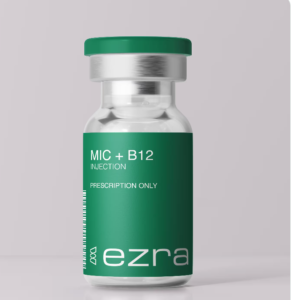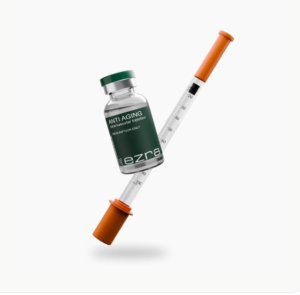Some key uses of water level sensors!
Water level sensors play a crucial role in various industries and everyday applications, helping to monitor and control water levels efficiently. These sensors detect the presence, absence, or specific levels of water in a given space, ensuring smooth operations, safety, and resource conservation. They are widely used in residential, industrial, agricultural, and environmental sectors. Below are some key uses of water level sensors:
- Water Tank Monitoring and Automation
One of the most common uses of water level sensors is in water tank monitoring and automation systems. These sensors help regulate the water supply by automatically turning pumps on or off based on the water level in tanks. This prevents water wastage, ensures a continuous supply, and protects pumps from dry running, which can cause damage.
- Flood Detection and Prevention
Water level sensors are essential in flood monitoring systems. They detect rising water levels in rivers, lakes, and drainage systems, providing early warnings to prevent flood-related disasters. In urban areas, these sensors help monitor stormwater drains to avoid overflow and waterlogging during heavy rains.
- Agricultural Irrigation Systems
In agriculture, water level sensors play a vital role in managing irrigation systems. They help regulate water levels in reservoirs, wells, and irrigation channels, ensuring that crops receive the right amount of water. Automated irrigation systems using water level sensors can optimise water usage, reduce wastage, and improve crop yields.
- Sewage and Wastewater Management
Water level sensors are crucial in sewage treatment plants and wastewater management systems. They help monitor sewage levels in tanks and drainage systems, ensuring timely pumping and preventing overflow or blockages. This improves sanitation and reduces environmental pollution.
- Swimming Pool Water Management
Swimming pools require consistent water levels for proper filtration and hygiene. Water level sensors help maintain the ideal water level by detecting when water needs to be added or drained. This prevents overflow, ensures proper chemical balance, and enhances user safety.
- Aquariums and Fish Farms
Water level sensors are commonly used in aquariums and fish farms to maintain the required water levels for aquatic life. These sensors help regulate water changes, prevent overflow, and maintain a stable environment for fish and other aquatic creatures.
- Fire Protection Systems
In fire protection systems, such as sprinkler systems, water level sensors ensure that there is enough water available in storage tanks. This guarantees an uninterrupted water supply in case of a fire emergency, enhancing fire safety in buildings and industrial facilities.
- Underground Water Storage Monitoring
Water level sensors are used to monitor groundwater levels in borewells and underground storage tanks. This is particularly important in water conservation projects, hydrogeological studies, and ensuring sustainable groundwater usage.
- Marine and Shipping Applications
Ships, submarines, and other marine vessels rely on water level sensors to monitor ballast tanks, bilge compartments, and fuel tanks. These sensors help maintain balance, prevent flooding, and ensure safe navigation.
- Beverage and Food Industry
In the food and beverage industry, water level sensors are used in processing units to maintain the right water levels in mixing tanks, boilers, and production lines. Accurate monitoring ensures product quality, prevents spillage, and enhances operational efficiency.
- HVAC (Heating, Ventilation, and Air Conditioning) Systems
Water level sensors are integrated into HVAC systems to monitor water levels in cooling towers, condensate tanks, and humidifiers. Proper water level control in these systems helps improve efficiency, reduces energy consumption, and prevents system failures.
Final Thoughts
Water level sensors play a vital role in various applications, from household water management to industrial and environmental monitoring. Their ability to detect water levels accurately ensures efficiency, safety, and resource conservation. Investing in water level sensors not only enhances convenience but also contributes to sustainable water usage and environmental protection.







